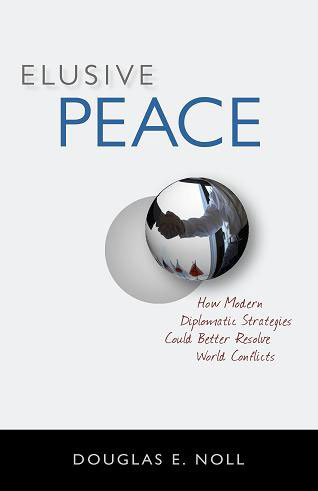Excerpt from Chapter 10 - Making Peace Illegal
Imagine that you and your team are called to mediate a violent regional conflict. One of the parties that must be at the table has been identified by the United States Secretary of State as a foreign terrorist organization. You and your team begin meeting with the parties separately, including representatives of the terrorist organization, engaging in dialogue, coaching on process, and facilitating an eventual joint problem-solving conference. At the conference some months later, you work with all of the parties by facilitating collaborative problem-solving, identifying and discussing deep injustices, and, along the way, coaching parties, de-escalating them, re-engaging their moral compasses, listening, asking questions, and creating a strong, safe container for the work. Months go by and finally the parties are able to find a way to stop the violence. They agree to continue their work non-violently. A small miracle of peace has occurred in large part because of you and your team’s efforts.
At the end of the engagement, you return to JFK International Airport. As you enter the terminal, you are met by a team of FBI agents who proceed to arrest you, handcuff you, make you do the perp walk in front of the national media, and book you into federal prison. You have been charged with multiple violations of the Patriot Act and face 15 years in prison for each charge.
All you did was bring peace to a land torn by years of violence.
One has to question the commitment of countries like the United States to peace when they make peacemaking work with the most violent groups on the planet illegal. As Justice Department lawyer Douglas Letter stated in oral arguments to the 9th Circuit Court of Appeal, “Congress wants these organizations to be radioactive.” But that lawyer and his political masters have failed to ask and answer the question, “If terrorists are ‘radioactive,’ how can we ever find peace with them?”

